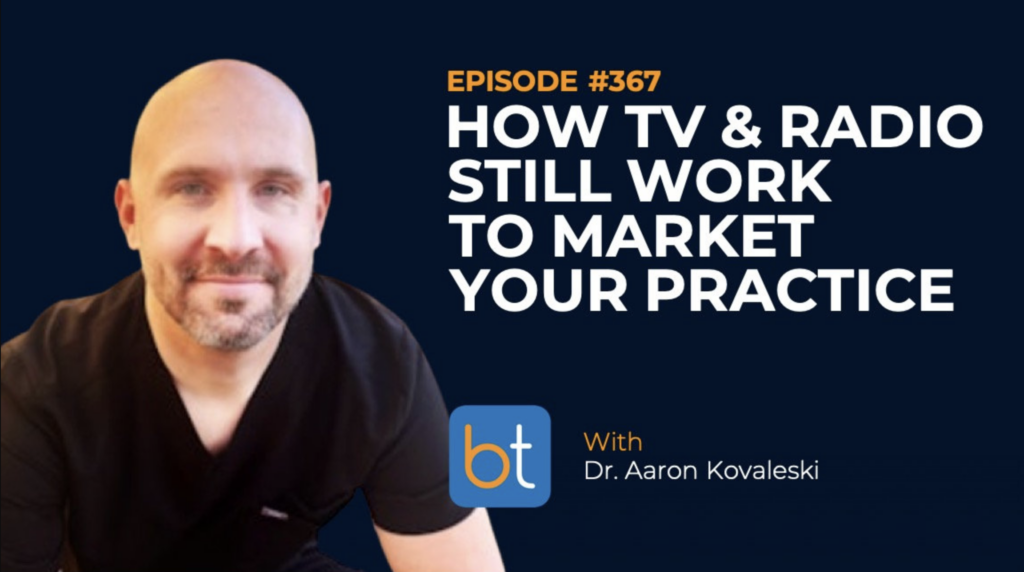Uterine fibroids are non-cancerous growths of the uterus that can have a major impact on the reproductive system. For many women, these benign tumors can cause pelvic pain and heavy menstrual bleeding – but they can also impact fertility. Understanding the effects of uterine fibroids, including how they are recognized and treated, can help you manage their effects on your reproductive health.
What Are Uterine Fibroids?
Uterine fibroids, also known as uterine leiomyomas or fibromyomas, are benign (non-cancerous) growths in the uterus. They can vary from pea-sized to melon-sized and occur when cells of the muscular wall of the uterus multiply abnormally. It is estimated that up to 80% of women will experience uterine fibroids at some point during their lives, though not all women will be symptomatic.
Causes of Uterine Fibroids in Women
The exact cause of uterine fibroids is unknown. However, there are some factors that have been linked to increased risk. These factors may include family history, early onset of menstruation, African-American heritage, obesity, and high estrogen levels in the body. Uterine fibroids tend to grow larger over time but will often shrink after menopause when hormone levels decrease.
Symptoms of Uterine Fibroids in Women
The symptoms associated with fibroids vary greatly among different patients – some women experience no symptoms at all, while others may have severe symptoms like pelvic pain or heavy menstrual bleeding. Other symptoms may include the following:
- Menstrual cycles that become progressively heavier and longer over time
- Symptoms of anemia, including increased fatigue or dizziness
- Feelings of fullness or heaviness in the pelvic area
- Leg or lower back pain
- Pelvic pressure and bloating; enlargement of the abdomen; constipation
- Increased urinary frequency caused by fibroids pressing on the bladder
- Pain during sex
In addition, depending on their size and location within the uterus, fibroids can actually interfere with conception. One way they do this is by obstructing the fallopian tubes (which carry eggs from the ovaries to the uterus) or impeding the implantation of a fertilized egg into the uterine lining.
The size of the fibroid itself is one of two important factors to consider in this scenario – the other is the location of the fibroid. There are typically three locations within the uterus where fibroids are found in:
- Subserosal (in the outer wall of the uterus)
- Intramural (in the muscular layers of the uterine wall)
- Submucosal (in the uterine cavity)
Fibroids can be a roadblock to fertility, but it all depends on their size and location. Submucosal fibroids, in particular, have been linked with difficulty getting pregnant or complications during pregnancy. Thankfully, many women still manage to successfully conceive and deliver healthy babies despite having uterine fibroids!
If you think you are experiencing any symptoms related to uterine fibroids – or if you have been trying unsuccessfully to get pregnant for some time – it’s important to speak with your doctor to determine whether these non-cancerous growths might be causing your pregnancy woes.
Will Treating Uterine Fibroids Increase the Chances of Fertility?
For women who wish to conceive and are suffering from uterine fibroids, traditional treatments such as a hysterectomy can be detrimental. Not only are these invasive surgical procedures hard on a woman’s body, but they will cause permanent infertility. Thankfully, there is an innovative procedure available from ECCO Medical that offers a win-win solution: Uterine Fibroid Embolization (UFE).
UFE blocks the blood supply to the fibroids, forcing them to shrink and reducing painful symptoms. This treatment may even increase the chances of fertility for those who have been struggling to conceive. Plus, UFE is a non-invasive outpatient procedure – you can go home the same day!
Women – if you’re living with troublesome fibroids that are stifling your dreams of parenthood, UFE from ECCO Medical could be just what you need.




